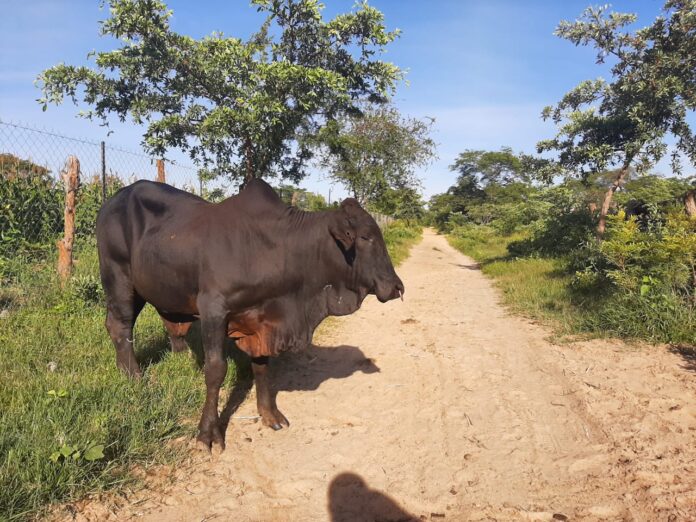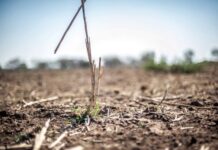Advances in genetic sequencing are uncovering a treasure trove of information that will have far reaching consequences for stable, continued food production. This was the key message at the second day of the African Agri Tech conference held in Pretoria from 14 – 16 March 2023.
Focusing on science and biotechnology, conference speakers for day two delved into solutions to threats facing food production. Identifying genes responsible for withstanding adverse weather conditions and chemical resistance in pests are key focus areas of research that will yield important results.
Recent advances in genome sequencing of cattle breeds indigenous to South Africa have shown the value of these breeds. Far more research is however required to tap into the true genetic potential of Bonsmara, Nguni and Drakensberger cattle, and how these genetic traits can benefit livestock farmers.
Linky Makgahela, senior researcher at the Agricultural Research Council, said that these breeds require far less management than exotic breeds since they were more adaptable to African conditions. “With climate change creating far more environmental stress, farmers need to focus on genes that can withstand high temperatures and possible increases in pest loads. When cross-breeding with exotic breeds, they should be careful not to eliminate the very genes that make the cattle so adaptable.”
She noted that 70% of the genes in indigenous cattle coded for function and adaptation, far outweighing production. “When environmental conditions are adverse the genetic architecture of these animals therefore prioritise survival rather than adding weight or increasing fertility. This is important to keep in mind when selecting cattle breeds because it has a significant impact on a farmer’s bottom line.”
The role of gene sequencing to enhance animal health was discussed by Dr Chris van Dijk, veterinary specialist at Bovine Herd Health. He noted that even with the best management practices, diseases are still the biggest cause of economic losses in the livestock industry. He called for a greater focus on genetics that make animals more immune to diseases.
Ticks are especially an issue that can be solved through a better understanding of genome sequencing, since tick borne diseases cost the global livestock industry between US$14 and US$18 billion per year. At least 80% of the global herd is affected by ticks.
Dr Christian Stutzer, senior research at the University of Pretoria however noted that work on genome sequencing of ticks had only scraped the surface. “Ticks have genomes twice the size of the human genome. There are large parts of sequences that we don’t know what they do, despite the fact that research has been ongoing for two decades. Work is ongoing and once we do uncover the full sequence and its functions, we will be able to identify proteins that make ticks function, and possibly switch off certain genes that result in disease transmission.”
Having control over the proteins is of particular importance considering the rising incidence of antidote resistance. Stutzer said that years of misuse of chemicals has resulted in large scale resistance, which was reaching a critical point. “If we don’t find new ways to combat ticks then the industry will see devastating losses.”
In researching genome sequences, Dr John Becker, centre manager of the African Centre for Gene Technologies, advised researchers to collaborate across countries, since much information existed globally that was mutually beneficial. “We don’t need to repeat what has already been done. We should however ensure that while global knowledge is incorporated, we still focus on local solutions that are applicable to Africa and its unique climate.”
With the advent of gene editing technologies, different from genetic modification (GMO) in that the former does not add foreign DNA into gene sequences, lighter regulations were required. Gene editing creates mutations that are identical to those occurring in nature. Dr Hennie Groenewald, CEO of Biosafety South Africa, therefore called for sensible regulations that would allow South Africa to capitalise on the full potential of gene editing. “Regulations should be based on science, not emotion. Regulating it as a GMO would result in a missed opportunity to utilise a game-changing technology.”
He gave the example of using gene editing to eliminate the gene that cause cattle to grow horns. This would mean cattle no longer had to ensure the painful process of having their horns removed.
With scientific solutions at hand, day three’s programme will focus on agribusiness and how the greater industry’s functioning can aid progress in this sector.
More information at www.africa-agri.co.za








